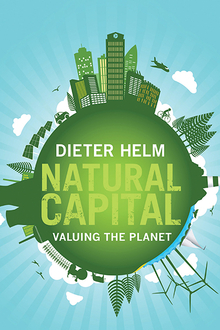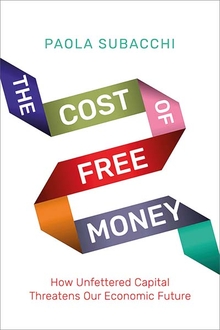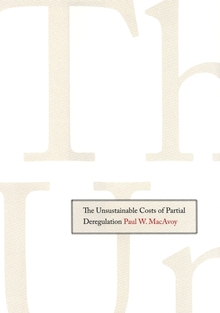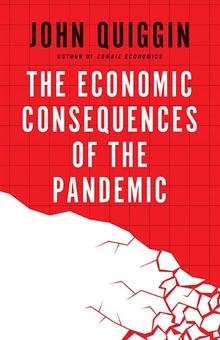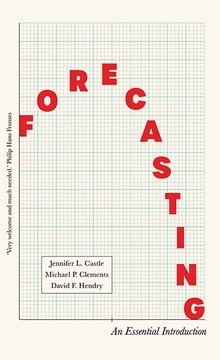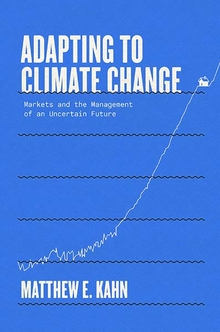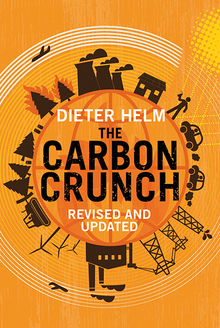Natural Capital
WARNING
You are viewing an older version of the Yalebooks website. Please visit out new website with more updated information and a better user experience: https://www.yalebooks.com
Valuing the Planet
Dieter Helm
Out of Print
Hard-hitting recommendations for what must be done to manage global natural capital and reverse environmental destruction
Natural capital is what nature provides to us for free. Renewables—like species—keep on coming, provided we do not drive them towards extinction. Non-renewables—like oil and gas—can only be used once. Together, they are the foundation that ensures our survival and well-being, and the basis of all economic activity. In the face of the global, local, and national destruction of biodiversity and ecosystems, economist Dieter Helm here offers a crucial set of strategies for establishing natural capital policy that is balanced, economically sustainable, and politically viable.
Helm shows why the commonly held view that environmental protection poses obstacles to economic progress is false, and he explains why the environment must be at the very core of economic planning. He presents the first real attempt to calibrate, measure, and value natural capital from an economic perspective and goes on to outline a stable new framework for sustainable growth. Bristling with ideas of immediate global relevance, Helm’s book shifts the parameters of current environmental debate. As inspiring as his trailblazing The Carbon Crunch, this volume will be essential reading for anyone concerned with reversing the headlong destruction of our environment.
Natural capital is what nature provides to us for free. Renewables—like species—keep on coming, provided we do not drive them towards extinction. Non-renewables—like oil and gas—can only be used once. Together, they are the foundation that ensures our survival and well-being, and the basis of all economic activity. In the face of the global, local, and national destruction of biodiversity and ecosystems, economist Dieter Helm here offers a crucial set of strategies for establishing natural capital policy that is balanced, economically sustainable, and politically viable.
Helm shows why the commonly held view that environmental protection poses obstacles to economic progress is false, and he explains why the environment must be at the very core of economic planning. He presents the first real attempt to calibrate, measure, and value natural capital from an economic perspective and goes on to outline a stable new framework for sustainable growth. Bristling with ideas of immediate global relevance, Helm’s book shifts the parameters of current environmental debate. As inspiring as his trailblazing The Carbon Crunch, this volume will be essential reading for anyone concerned with reversing the headlong destruction of our environment.
Dieter Helm is Fellow in Economics, New College, Oxford. He is also Professor of Energy Policy and Professorial Research Fellow, Smith School of Enterprise and the Environment, University of Oxford. He lives in Oxfordshire, UK.
ISBN: 9780300210989
Publication Date: June 23, 2015
Publication Date: June 23, 2015
296 pages, 6 1/8 x 9 1/4
ADDITIONAL MATERIALS

